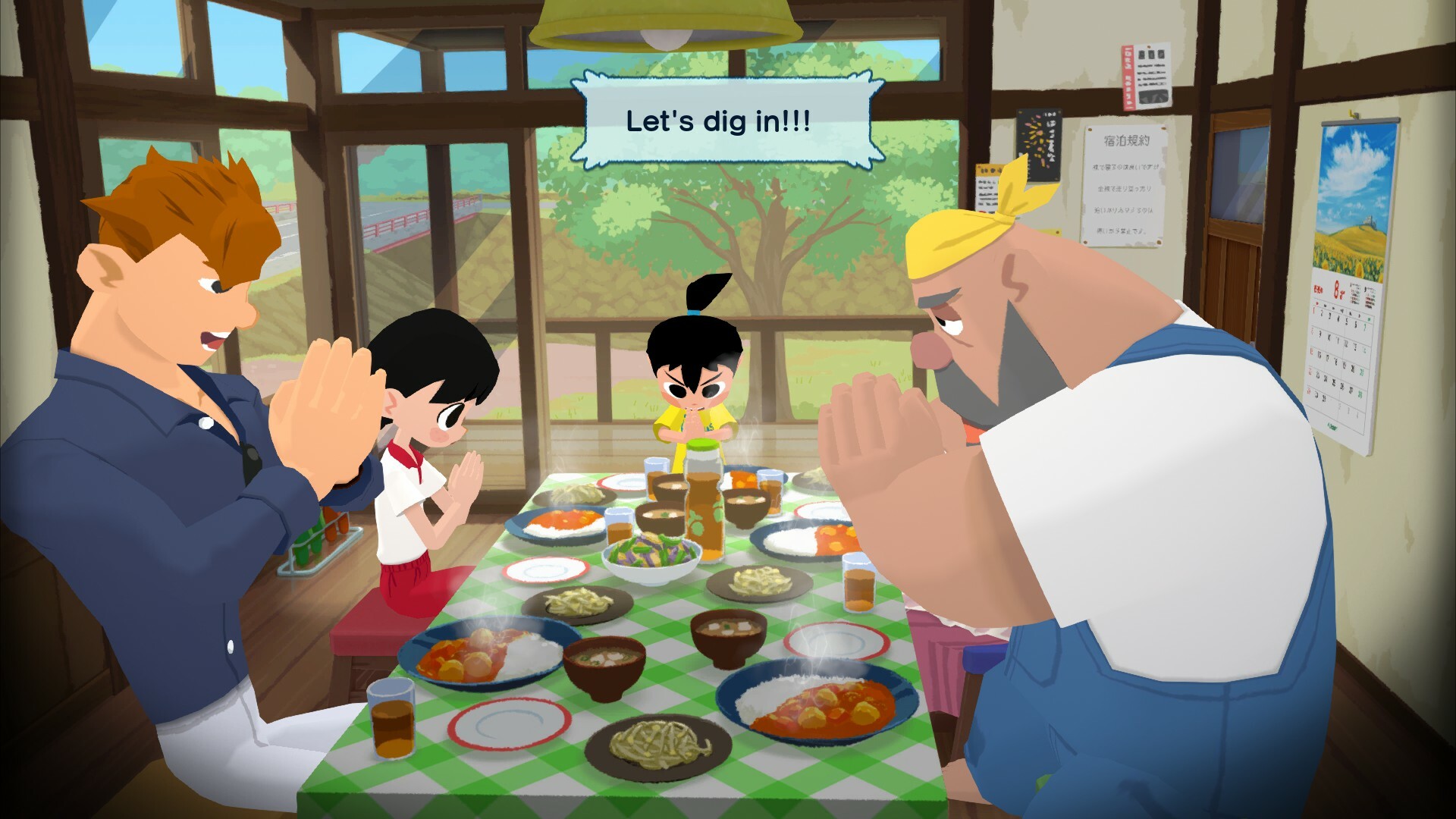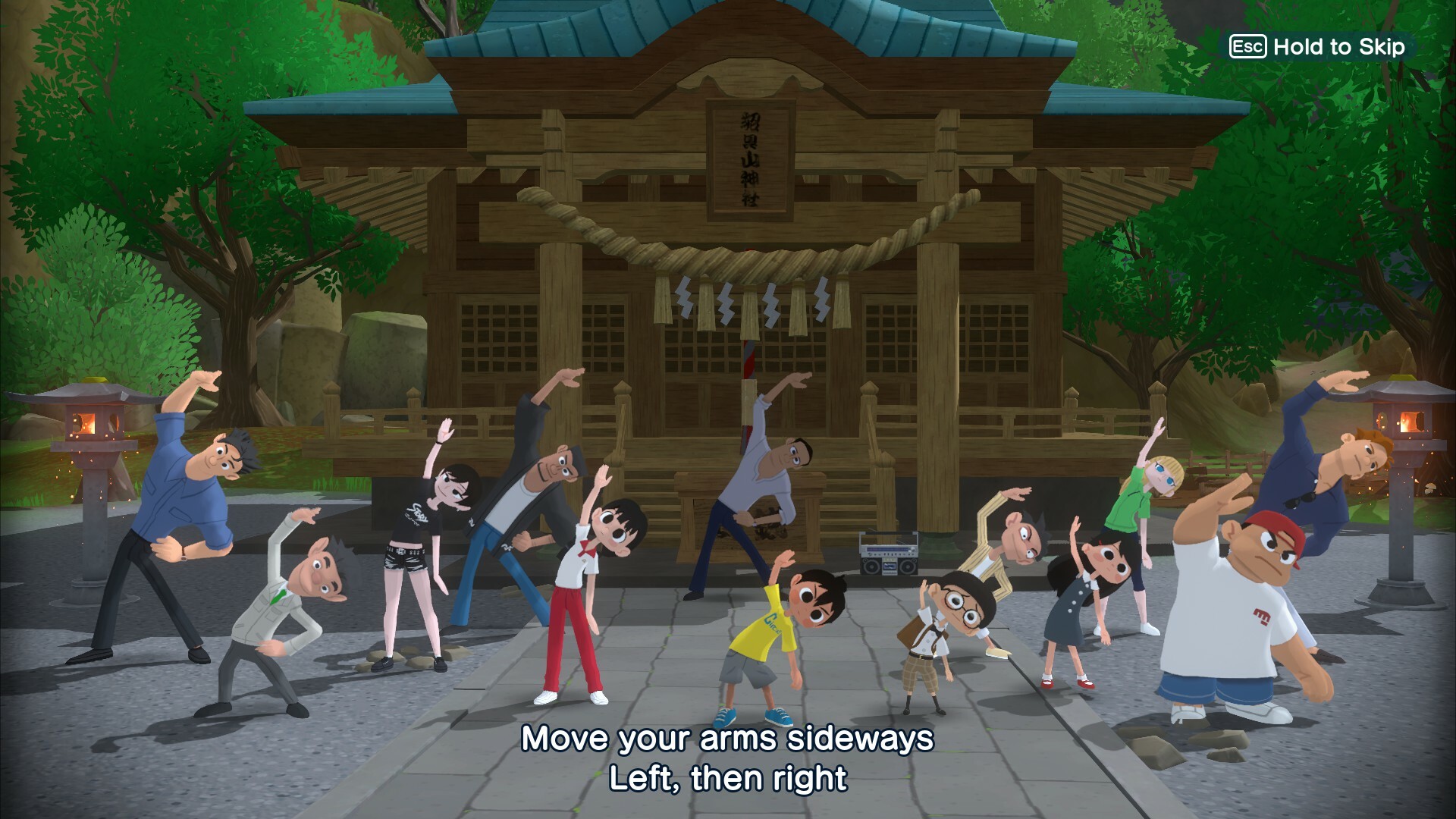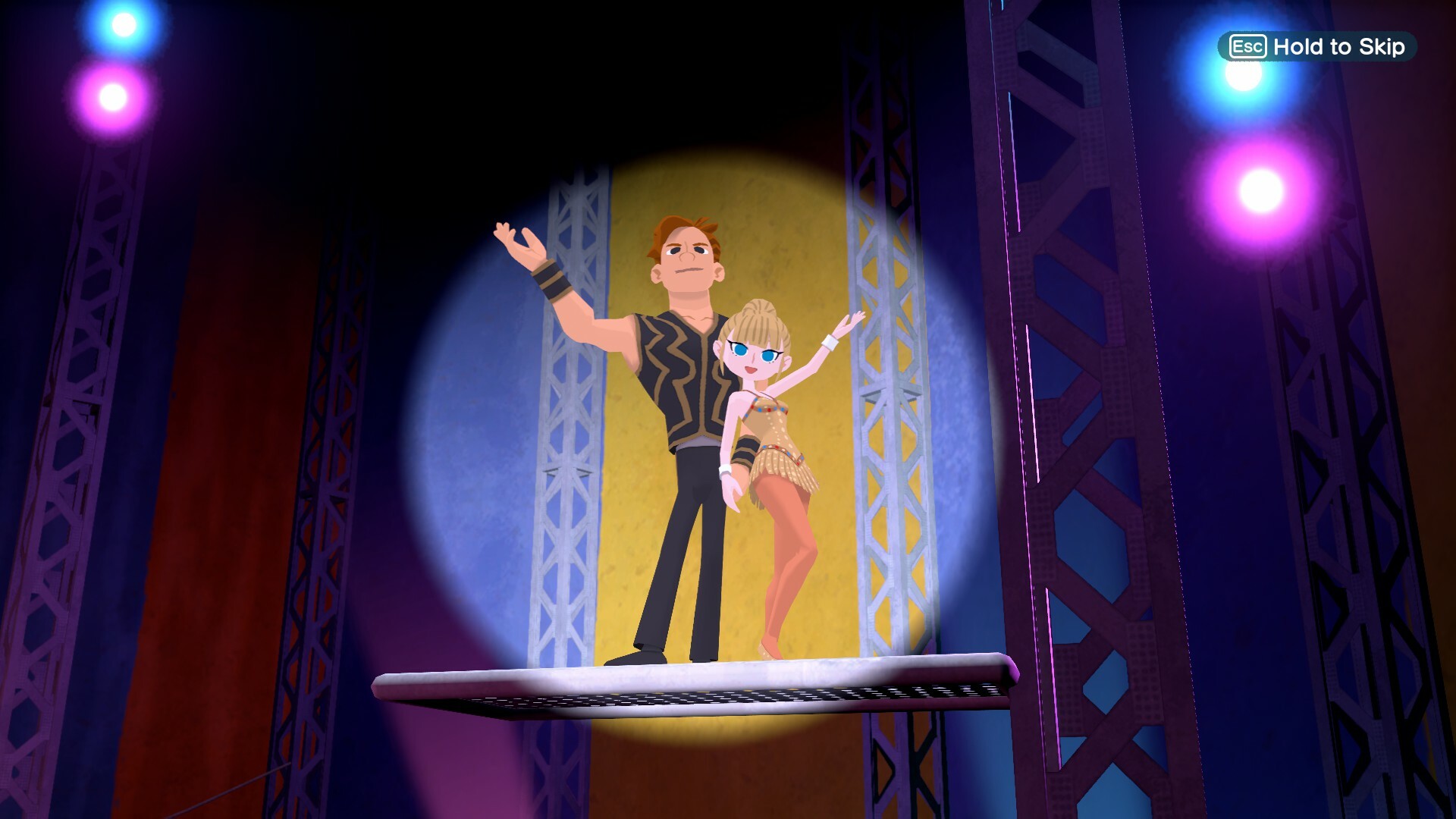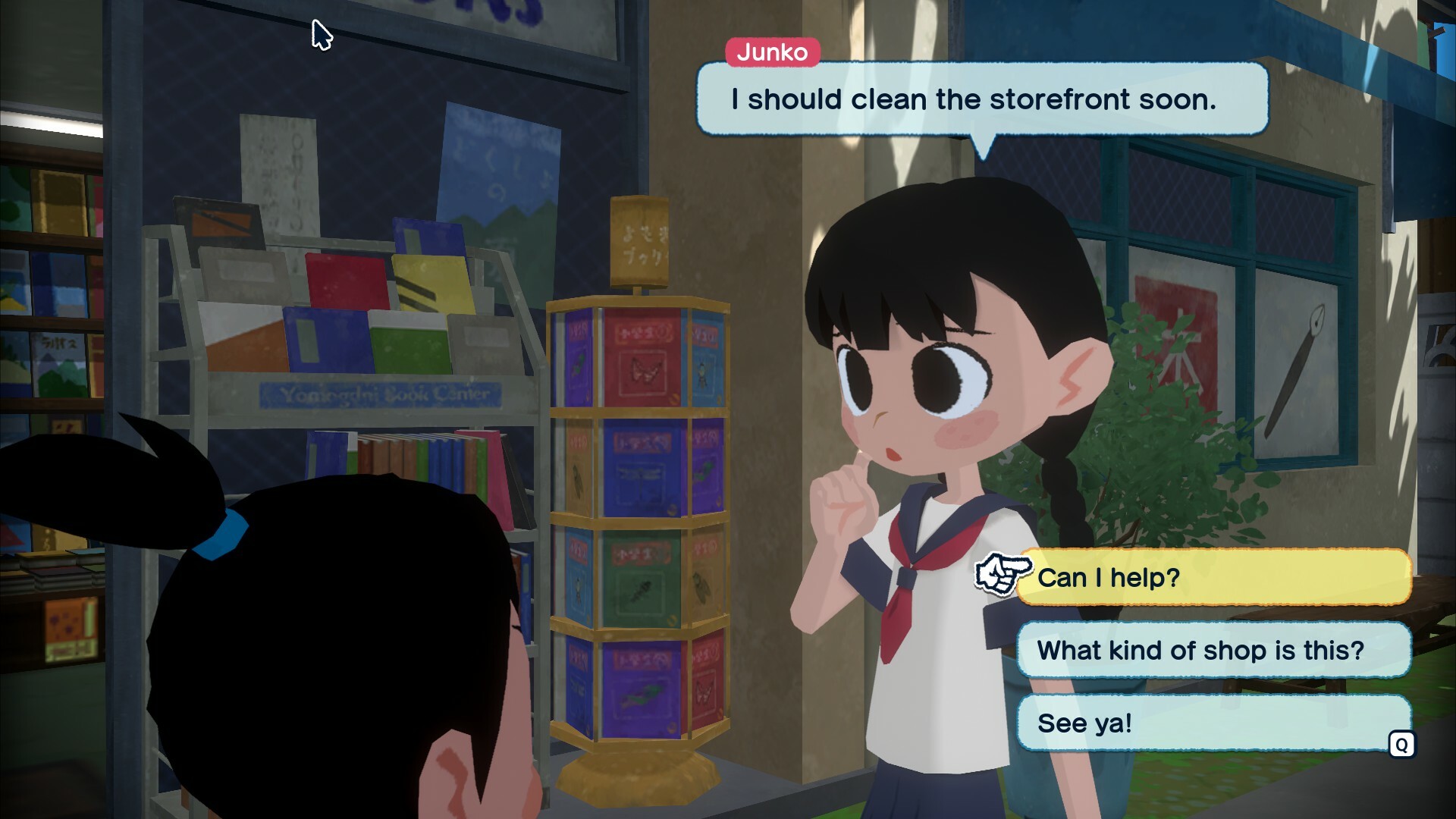Official Review
The Japanese actually use "nostalgia", as in the English word, for memories that are indeed nostalgic. They do see a clear definitional line between it and natsukashii, as perhaps this story about natsukashii published on the BBC epitomises nicely:
During my childhood summers spent in Yokohama, Japan, my obaachan (grandmother) would take me on afternoon strolls through her neighborhood and teach me the names of all the flowers we came across. The cicadas would shriek over her soft voice and the humidity would cling to my body like a second layer of skin. When we returned home, the two of us would cool off over ice-cold glasses of mugicha (barley tea). "Am I your favorite grandchild?" I would ask her. My obaachan would smile and whisper, "Yes."

Summers are a particular source of natsukashii in Japan, because it's the only meaningful break that kids get from their long school hours and extracurricular activities. Summer is, therefore, an opportunity to play, and accompanying that is a host of aesthetic qualities that you never forget if you ever experience a Japanese summer: The brutally oppressive heat and humidity, the cacophony of cicadas, the seasonal foods and drinks.
Coupled with the independence that Japanese kids enjoy compared to the guarded way that parents treat children in the West, and for most people that grow up over there, memories of good friends, good experiences, happiness, and freedom provide many opportunities for natsukashii. Then, as adults, the same sensory experiences of summer – the sound of cicadas or the warmth of the evening heat – are enough to have them tap into those memories.
Natsu-Mon: 20th Century Summer Kid is a totally whimsical experience that is designed to have players tap into those memories with every second that they play. You play as a young kid who is part of a circus troupe. They've come to a new town for the summer, and you're told to go and make the most of it, because at the end of the summer break, you'll be on the road again. In other words, you've got this month with complete freedom to explore and turn this tiny town into a playground for adventures and memories.

And so you'll head out, cicadas chirping endlessly. You can catch bugs, go fishing, complete little tasks, climb and scamper around, or hand out with the local kids. The world is truly open and there's very little guidance as to what you should be doing, but impressively I always managed to find a way to fill my days at a casual pace without being felt like I was being led on the nose from objective to objective. The most impressive thing about Natsu-Mon, by a very large margin, is the way that the entire world feels organic and genuine. It's not about quest markers or task lists. It's about exploring and finding small-town adventure in the strangest places.
Natsu-Mon features no violence, no aggression, and no risk. That makes sense given that a Japanese summer is way too hot and aggression wastes too much energy. More seriously, though, this is a purely wholesome and comforting experience, and you can just tell that the developers tapped into their own natsukashii when developing it, allowing the positive memories to wash over anything negative that might have happened, leaving nothing but joy behind.
As the game goes on, your adventures expand from the little village and beach to let you wander around ruins, caves, and even a ship. The game does a great job of presenting these local landmarks as being incredible opportunities for adventure through the eyes of a child, and fully exploring them can be a time-consuming task, especially if you need to level up your stamina meter and similar to be able to reach the most inaccessible spots. The only downside here is that the game relies a little heavily on jumping and platforming skills for a set of mechanics that don't lend themselves to precise platforming, but if that's bothering you then you don't need to make that part of your summer either.

The whole package is wrapped up in something that is truly delightful on the eyes and ears. Though the Nintendo Switch struggles with really big open worlds, and you need to expect some concessions to things like draw distance and frame rate when playing the game, the art direction is unparalleled in its bright cheerfulness. It's also more modest in its complexity compared to, say, My Time At Portia or Sanddock, meaning that the game isn't anywhere near as jarring as an experience.
Meanwhile, the soundtrack perfectly suits the laid-back atmosphere (though you're likely to only remember hearing the cicadas, anyway). Additionally, Spike Chunsoft has done an absolutely incredible job of the localization, and every character is bristling with personality and cheer.
My only query with Natsu-Mon is why it was localised at all. Don't get me wrong, I love that Spike Chunsoft took the project on, but unlike other "slice of life"-style games – think Harvest Moon or Animal Crossing – this title is reflective of a very particular Japanese experience, and epitomizes a word that we don't even have a proper translation for into English. It's not my responsibility to care about whether Natsu-Mon is a commercial success or not, but I wonder whether the typical player will even understand what this game is about, and I would hate for anyone to miss the broader context of the experience. Appreciating the way the game captures the feeling of natsukashii is so central to its quality.

It's impossible to experience everything that Natsu-Mon has to offer in a single play-through – much like how it's impossible to get everything done that you want to over a summer. They're always over too quickly. But then the very best way to play is to put Natsu-Mon down for quite some time afterward and let that one run through the game be your memory of it. This is something to be experienced, not played, and as far as emergent narratives are concerned, this is the best example of that I've seen in many, many years.

